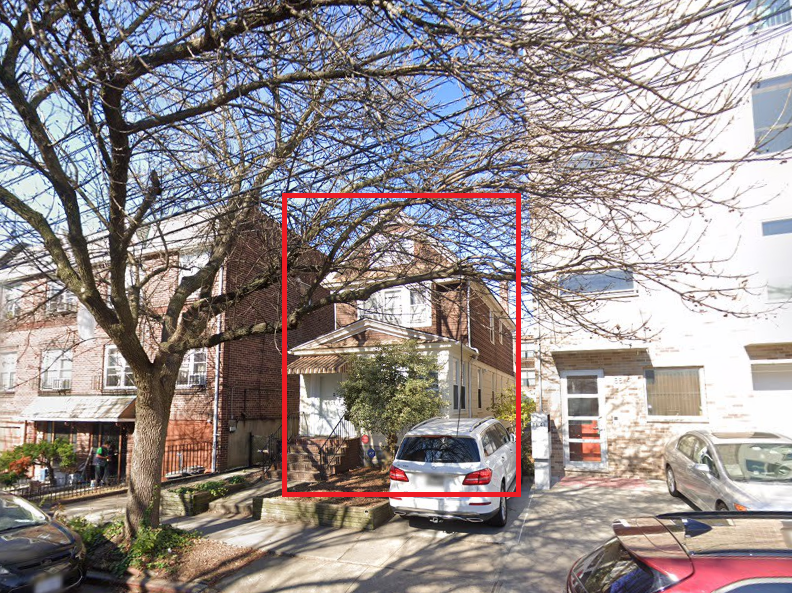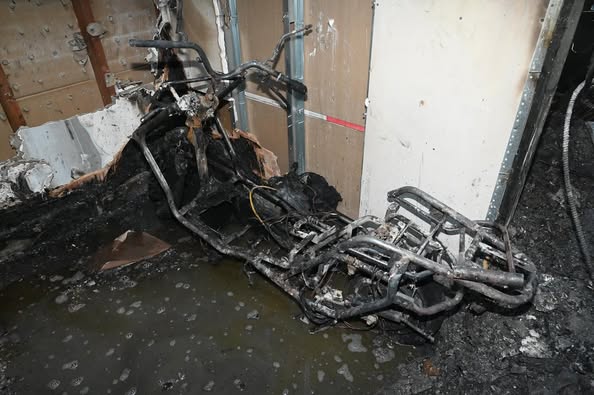By Alexander Dworkowitz
In a plan that has angered some Flushing residents, Tully Environmental, which operates a 1.7-acre waste transfer station in Willets Point, is seeking to increase the amount of solid waste it processes.
The facility at 127-20 34th Ave. currently is allowed to treat 500 tons per day of putrescible solid waste, which is standard decaying garbage, and 500 tons per day of construction and demolition debris.
While keeping its total capacity at 1,000 tons per day, Tully is seeking to change the type of garbage it processes. Tully wants to change its permit with the city so that it can handle 900 tons per day of putrescible solid waste, 50 tons per day of sewage grit and related material, and 50 tons per day of construction and demolition debris.
Queens Borough President Helen Marshall does not approve of the Tully proposal or a bid by Regal Recycling in Jamaica to increase its handling of putrescible solid waste.
“Any increase in capacity will undoubtedly exacerbate problems of existing foul odors, noise, vermin infestation, dust and traffic,” said Marshall about the two proposals.
Marshall has written a letter to state Department of Environmental Conservation Commissioner Erin Crotty explaining her opposition to the proposed changes.
But on Jan. 23 DEC issued a decision on the Tully proposal, saying the changes did not warrant an environmental impact study.
The department had yet to decide whether or not to grant the permit as of press time.
Tully could not be reached for comment.
Many of Flushing’s businessmen and residents have come out against the proposal.
In the months preceding the March 2001 opening of the Tully facility, Flushing residents formed the Flushing Reclamation Environmental Committee, chaired by Frank Fan, to protest the opening of the plant.
The committee hired Antonia Bryson, an attorney for the Urban Environmental Law Center, to help them with their case.
In a letter dated Feb. 11, Bryson wrote to the Department of Environmental Conservation about the proposed changes.
“The committee has grave concerns about the near doubling of PSW processing at this facility,” wrote Bryson. “PSW causes odors, attracts vermin, generates truck traffic and degrades the quality of a neighborhood… It is difficult to understand how the department could conclude that doubling the capacity of a PSW transfer station will have no increased impact on the surrounding environment.”
Bryson also wrote that the Tully facility was designed for only 500 tons per day of PSW, but the company was asking to increase the tonnage.
But Jennifer Meicht, a spokeswoman for the Department of Environmental Conservation, noted that total tonnage of waste would not increase at the facility.
“On-street queuing of trucks would actually decrease,” said Meicht.
She said Tully planned to install odor controls if granted a permit.
Richard Jannaccio, president of the North Flushing Civic Association and a member of the reclamation committee, described the move as “shifting one poison for another.”
“They may be doing this as a measure of self-protection,” said Jannaccio. He said that with an Olympic proposal that calls for using Flushing Meadows Corona Park, the city did not want to have piles of construction debris visible in nearby Willets Point. PSW, on the other hand, is much less visible, said Jannaccio.
Nevertheless, with its permit expiring in 2005 and plans for the development of Willets Point in the works, Tully may be long gone from the area if the proposed Olympic games come to the city in 2012.
Ever since the Fresh Kills landfill, the largest in the city, closed in April 2001, the city has been scrambling to find places to put its garbage.
Bryson criticizedthe city’s garbage disposal plan, saying it failed to find adequate solutions in the wake of Fresh Kills closing.
“[This] is a function of a very ad hoc, somewhat frustrating system,” she said. “We’re constantly depending on these short-term contracts.”
The borough president also took a stand against Regal Recycling’s bid to increase its processing from 177.7 tons of PSW per day to 600 tons per day. Regal Recycling is located on Douglas Avenue in Jamaica.
Marshall said the increased garbage at Regal Recycling would lead to more traffic in the area.
Reach reporter Alexander Dworkowitz by e-mail at Timesledger@aol.com or call 229-0300, Ext. 141.



































